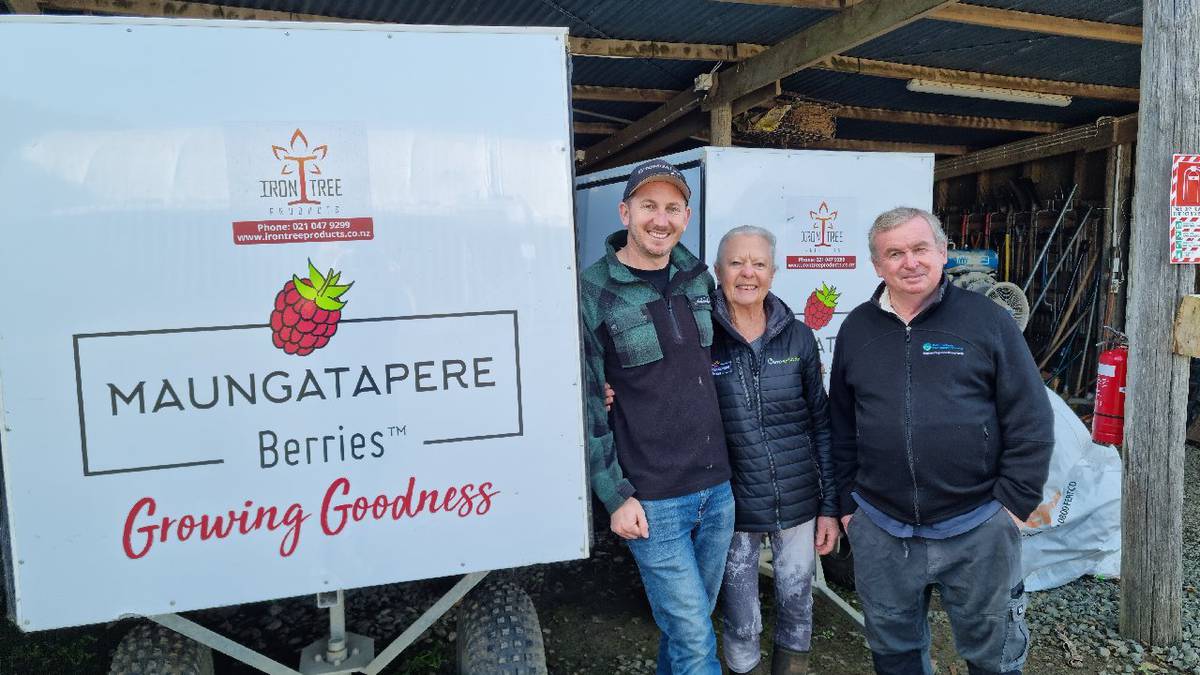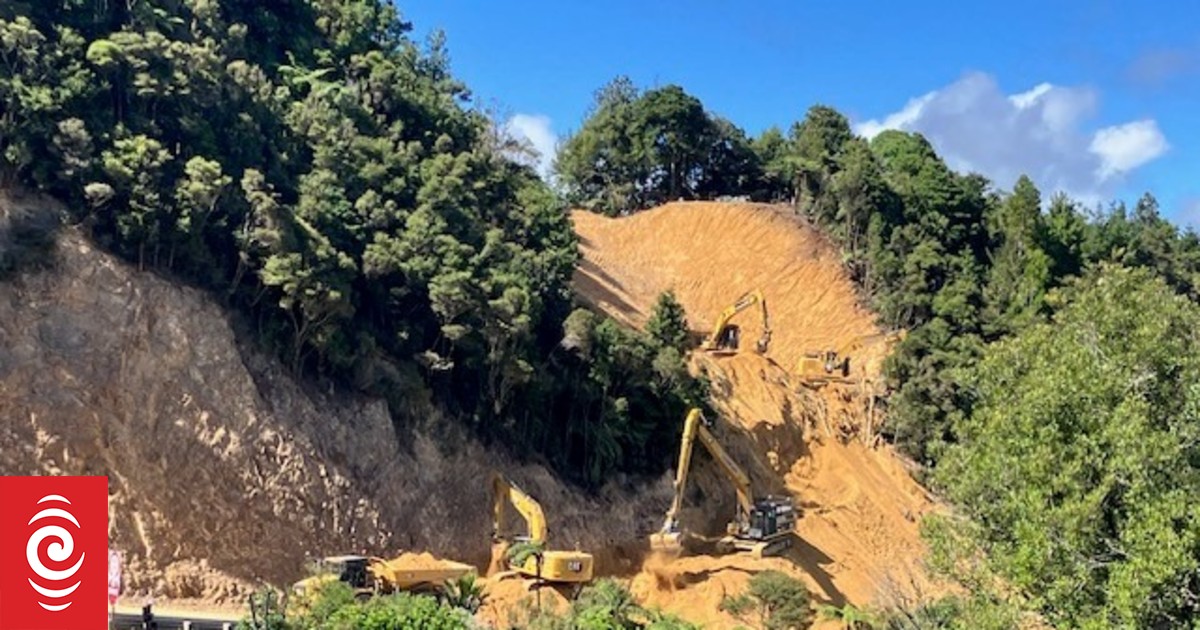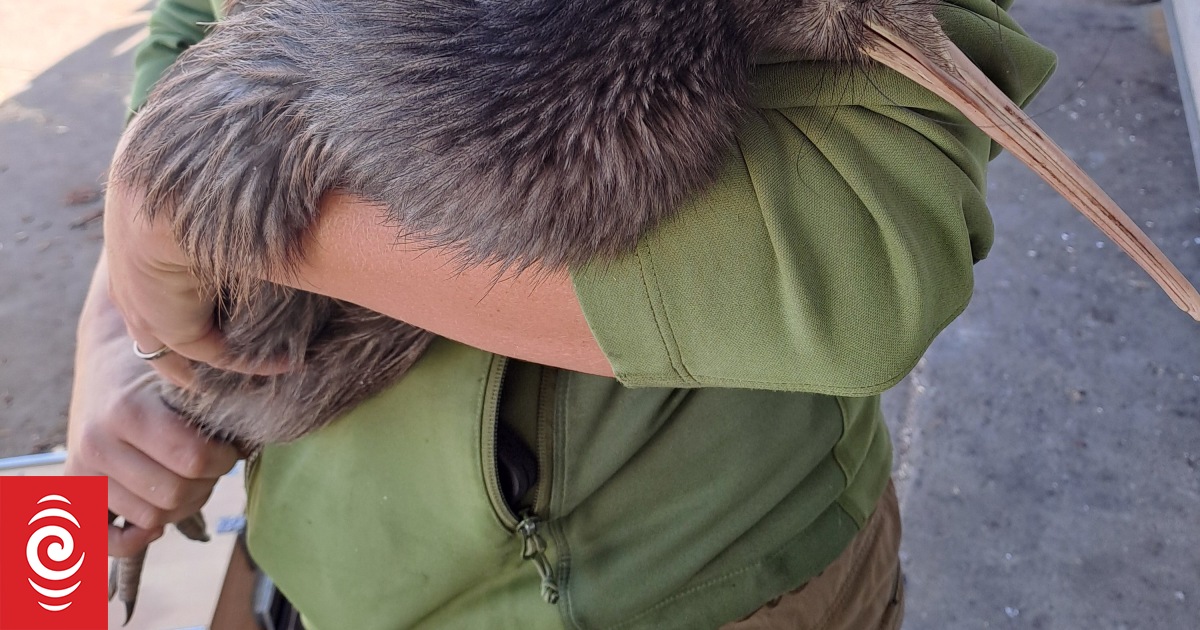Patrick, Linzi, and Dermott Malley from Maungatapere Berries are the first in the country to pay back their Provincial Growth Fund Loan. Photo / Emily Henderson
OPINION
With near-full employment for the first time in decades, local employers are increasingly approaching me about the challenges of finding and retaining staff – especially first-time workers.
Many years ago as a baby lawyer, I realised fast – and humiliatingly – that whatever my grades, I wasn’t much use until I’d learnt the practical skills of “real lawyering.”
Later, mentoring junior lawyers myself, I realised it all over again.
Employing a beginner is a major investment for employers. Yet if employers don’t make that investment, years down the track we have a shortage of skilled workers.
One of our key responses to Covid was to invest in training and in supporting employers to take on apprentices, with support for 38,000 apprenticeships, including record numbers of women moving into non-traditional fields.
/cloudfront-ap-southeast-2.images.arcpublishing.com/nzme/3DUFQNWUPD6CISOLLVFCKGKFDA.jpg)
However, some new workers need more support than others. The reality of a long-deprived community is that some young people lack basic work-readiness skills, let alone basic qualifications like drivers’ licences, which are prohibitively expensive for some local whānau.
Over several years now, the Government has quietly developed a range of programmes to support, and chivvy, this cohort of workers into sustainable, long-term jobs.
For instance, Mana in Mahi matches businesses with people who are looking for work but need extra support with training and work skills. It recognises the crucial role of employers by supporting them with the costs of pre-employment and on-the-job training costs, and subsidises wages to recognise the costs of supporting these new workers.
And it is working: Mana in Mahi recently exceeded its target of 4000, with over 5000 job-seekers in employment.
When it comes to harder-to-reach young people, one of the local stand-outs for me is He Poutama Rangatahi, a government programme where local community organisations provide wrap-around support for young people aged 15 to 24 to get into jobs training, education and employment, and then gets their employers specialised support to keep them there.
Case managers work intensively with youth and their families to get them on the right path and keep them there. So far, we’ve had nearly 4000 young people find their feet through He Poutama.
Other programmes, like Flexi-wage and the Training Incentive Allowance for parents who want to study for careers, are proving hugely beneficial.
We recently also added a big chunk of cash to get more drivers licenced: 70 per cent of jobs require a licence, and licences provide ID for everything from bank accounts to tenancies.
I run a regular Zoom group for business owners in Whangārei. On Monday, our special guest was Regional Economic Development Minister Stuart Nash, and workforce development was a hot topic.
Practical, common-sense suggestions and feedback flowed around the table, and it was great to hear from local businesses employing people with long-term issues and doing it well.
To sort Whangārei’s workforce challenges, we need to get practical, not punitive. If your business is interested, get in touch and we can connect you with agencies, to help you help the workforce of tomorrow.




